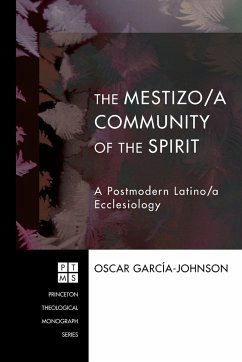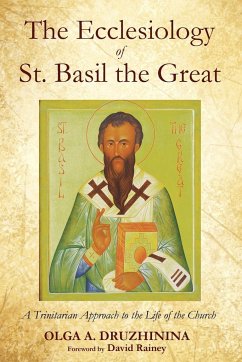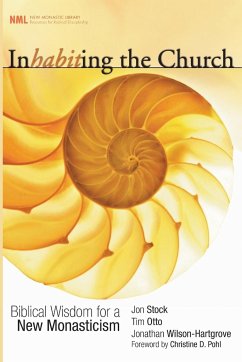John Bunyan is best known as the author of The Pilgrim's Progress, his immortal allegory of the Christian life, as well as for his influential spiritual autobiography, Grace Abounding to the Chief of Sinners. Less known is that Bunyan's doctrine of the church drew the ire of seventeenth-century Baptists and thrust him into a controversy over the terms of church membership and communion that helped to define the boundaries of Baptist identity. In The Palace Beautiful, Timothy Haupt offers a historical and systematic analysis of Bunyan's ecclesiology, a comprehensive examination of the communion controversy, and a thorough investigation of seventeenth-century Baptist identity. Was Bunyan a Baptist? Haupt argues that the communion controversy was not a debate among fellow Baptists over a secondary issue of church practice, but a dispute over fundamentally different ecclesiologies.
Bitte wählen Sie Ihr Anliegen aus.
Rechnungen
Retourenschein anfordern
Bestellstatus
Storno








